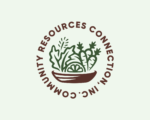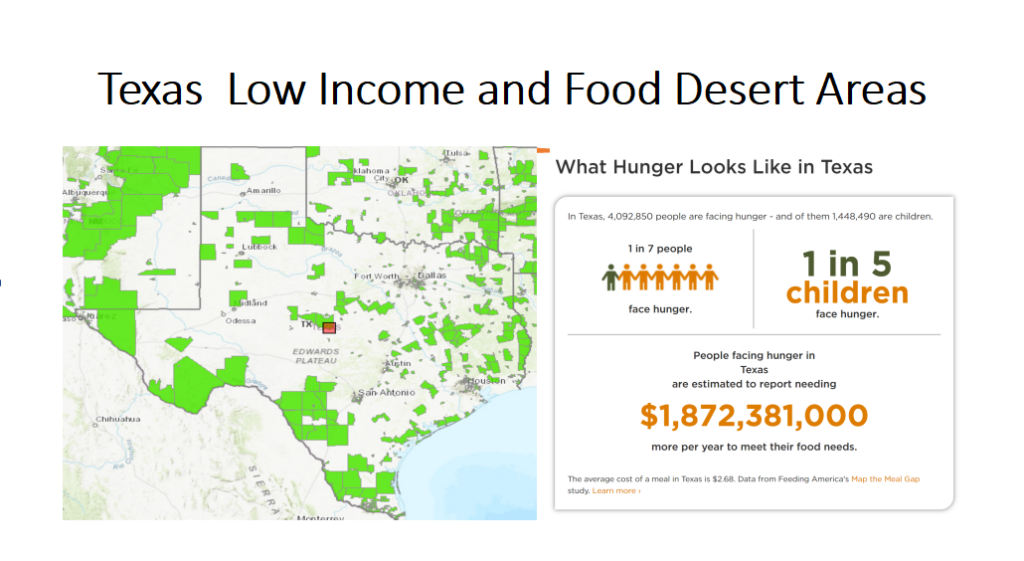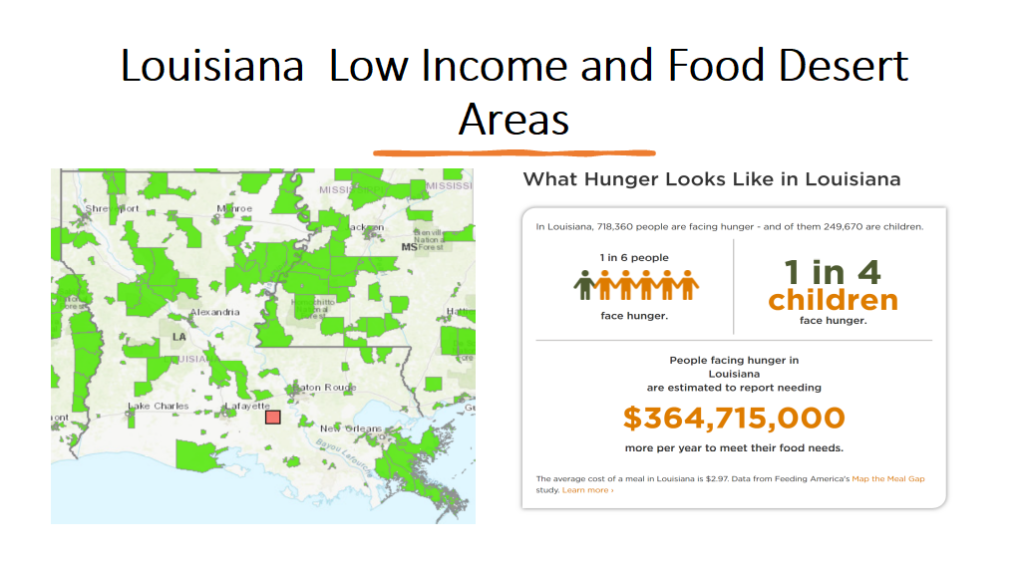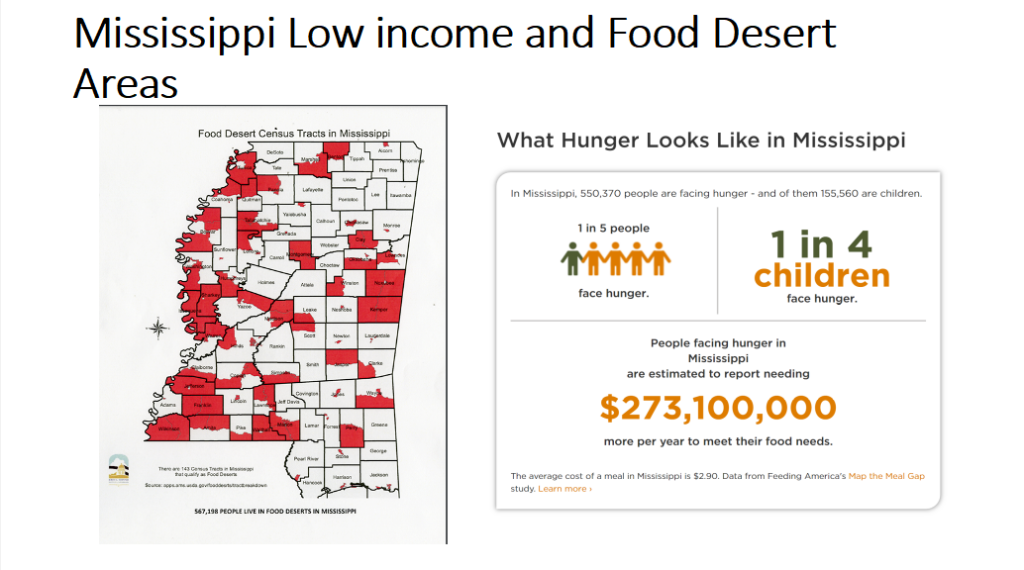FOOD SECURITY AND NUTRITION
ERS monitors the food security of U.S. households through an annual, nationally representative survey. While most U.S. households are food secure, a minority of U.S. households experience food insecurity at times during the year, meaning that their access to adequate food for active, healthy living is limited by lack of money and other resources. Some experience very low food security, a more severe range of food insecurity where food intake of one or more members is reduced and normal eating patterns are disrupted.
Source: USDA-Economic Research Service
Servicing Multiple States
Community Resources Connection, Inc. provides funding to assistance low-income communities with addressing food insecurities to establish community gardens and promote positive outcomes to youth by sponsoring Youth Readiness events throughout the states of South Carolina, Mississippi, Louisiana and Texas.
Our members will work collaboratively with local community groups and organizations to create opportunities that support fresh, healthy food choices, as well as, promoting youth readiness programs in low-income communities.





Community Resources Connection Career Readiness Program
There are many reasons for the continuation of poverty among people of color. Community Resources Connection (CRC) believe a major impediment to social mobility is the lack of opportunity for youth from underserved communities to understand their true potential and pursue what is possible. Students who don’t know anyone in their family, school or community who has gone to college or has chosen a professional career may never know that there is a potential career path for them. And, if they aspire to pursue a specific career path, it may be difficult to find the guidance and support they need to succeed.
Millions of young people across America between the ages of 16 and 24 are neither in school nor working. Termed opportunity youth, they are also disproportionately young people of color and from low-income backgrounds. The Aspen Institute estimates that there are currently 4.6 million opportunity youth, representing 1 in 9 members of this age group are between 16 and 24 in the U.S.
Career Readiness Programs and break the cycle of poverty by connecting you to professional skills that will give them a purpose and pathway to positive like outcomes.
CRC would conduct a workshop for youth within low-income communities to prepare them to enter the workforce as professionals. Activities will include developing leadership skills, increasing self-esteem, creating resumes and cover letters, conducting mock interviews, inviting various businesses to give presentations on the types of jobs available within their organizations for participants to explore possible career options, applying for internships, basic money management and developing on-the-job skills (soft skills).

